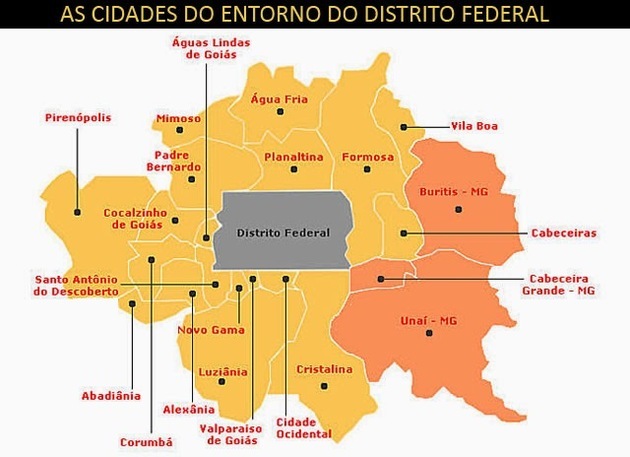O informational capitalism, cognitive or from knowledge corresponds to the fourth stage of development of capitalism.
This term was first used by the Spanish sociologist Manuel Castells, in his work “The Network Society”, written in 1996 and published in 2006.
Informational capitalism began with the crash of the New York Stock Exchange (1929), gaining strength at the turn of the century.
However, there are controversies about the date of origin of informational capitalism. For some scholars, it started in the post-war period and, for others, from the 1980s onwards.
Summary
Informational capitalism corresponds to the economic and social period in which we are living. It is marked by the advance of globalization, computers, digital telephones, robotics and the internet.
It receives this name because it is closely related to the information society or Information Age.
Its main features include the expansion and development of information technologies (IT); accelerating and increasing flows of capital, goods, information, people; and yet, the dissemination of knowledge.
In the social field, the increase in the flow of information via net and technological dependence, which were intensified by the use of social networks, which allow you to receive a lot of information quickly.
Thus, new social and cultural practices emerge with the intensive use of technology, representing a new social structure.
In this sense, we must emphasize that social inequality has taken on other proportions, which has generated digital exclusion in many parts of the world.
After financial capitalism, some researchers prefer to emphasize that it appears parallel to this one. In other words, the third capitalist phase (financial or monopoly) is not yet finished, being, therefore, complementary to the new informational capitalism.
Features
The main characteristics of Informational Capitalism are:
- Third Industrial Revolution (Technical-Scientific Revolution)
- Accelerated development of financial capitalism
- Specialization and qualification of the workforce
- Optimization of production processes
- Increased economic productivity
- Information merchandising
- information technologies
- information society
- Innovations and technological revolution
- Software and application development
- Valuing creativity and young workforce
- Accumulation of wealth through knowledge
- Marked by the neoliberal system
- Advancement of globalization and imperialism
- Increased commercial transactions via the internet
Stages of Capitalism
To facilitate understanding of the concept of capitalism, we must remember that it began in the 15th century and was modified over time.
See below the three phases of capitalism, (previous to informational capitalism), and its main characteristics:
- Commercial or Mercantile Capitalism(from the 15th to the 18th century) - this phase is called pre-capitalism and presents as main characteristics: commercial monopoly, mercantilist system, emergence of currency and expansion of relations commercials.
- Industrial Capitalism or Industrialism (18th and 19th centuries) – Marked by the Industrial Revolution, this phase has as its main characteristics: o advancement of the manufacturing system, increased productivity and the market consumed, and the expansion of relationships commercials.
- Financial or Monopolistic Capitalism (from the 20th century) - at this stage, the financial system commands economic relations, marked by the fusion between banking capital and industrial capital, commercial monopoly and oligopoly and expansion of global companies (multinationals).
Want to know more? Check out other texts from Toda Matéria:
- bill Gates
- DIT: International Division of Labor
- Enem geography: subjects that fall the most
- Geography Issues in Enem
- questions about capitalism

